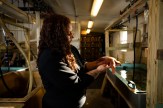Northeastern celebrates 50 years of the John D. O’Bryant African American Institute
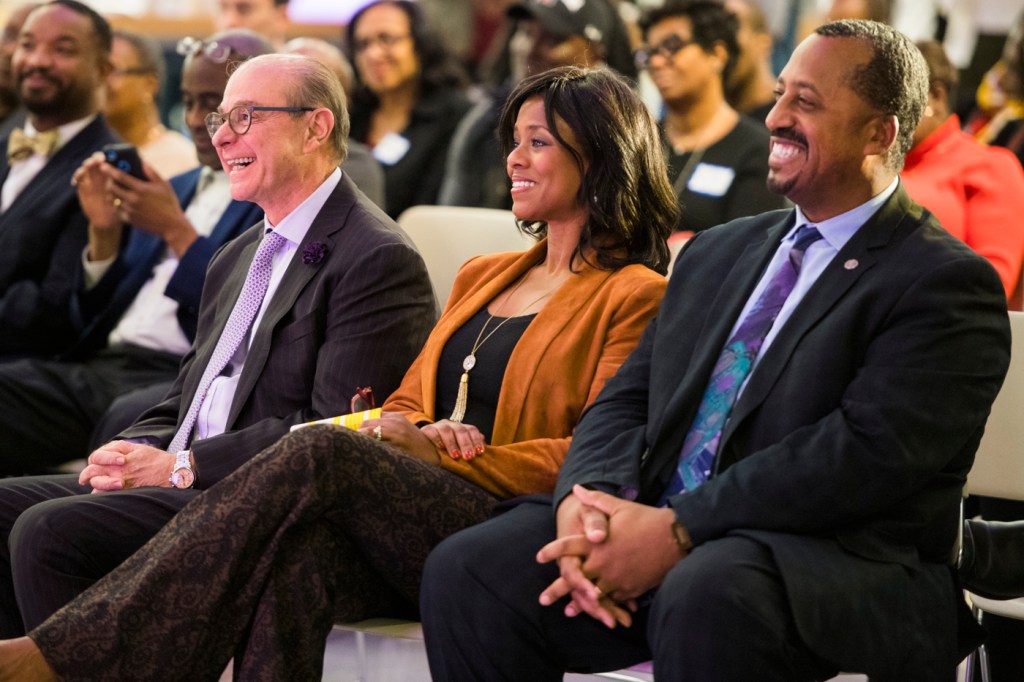
A commitment to inspiring students toward excellence, success, and service. A model for inclusiveness on Northeastern’s campus. A “home away from home” for students.
These were the ways members of the Northeastern community on Friday described how the university’s John D. O’Bryant African American Institute has touched students and influenced cultural life on campus. The remarks came at the signature event in Northeastern’s weeklong series of activities held to commemorate the institute’s 50th anniversary.
“With this week’s program, we are truly celebrating African Americans and the cultural progress that we have made here at Northeastern,” said Richard O’Bryant, who since 2007 has been director of the institute, which is named after his late father.
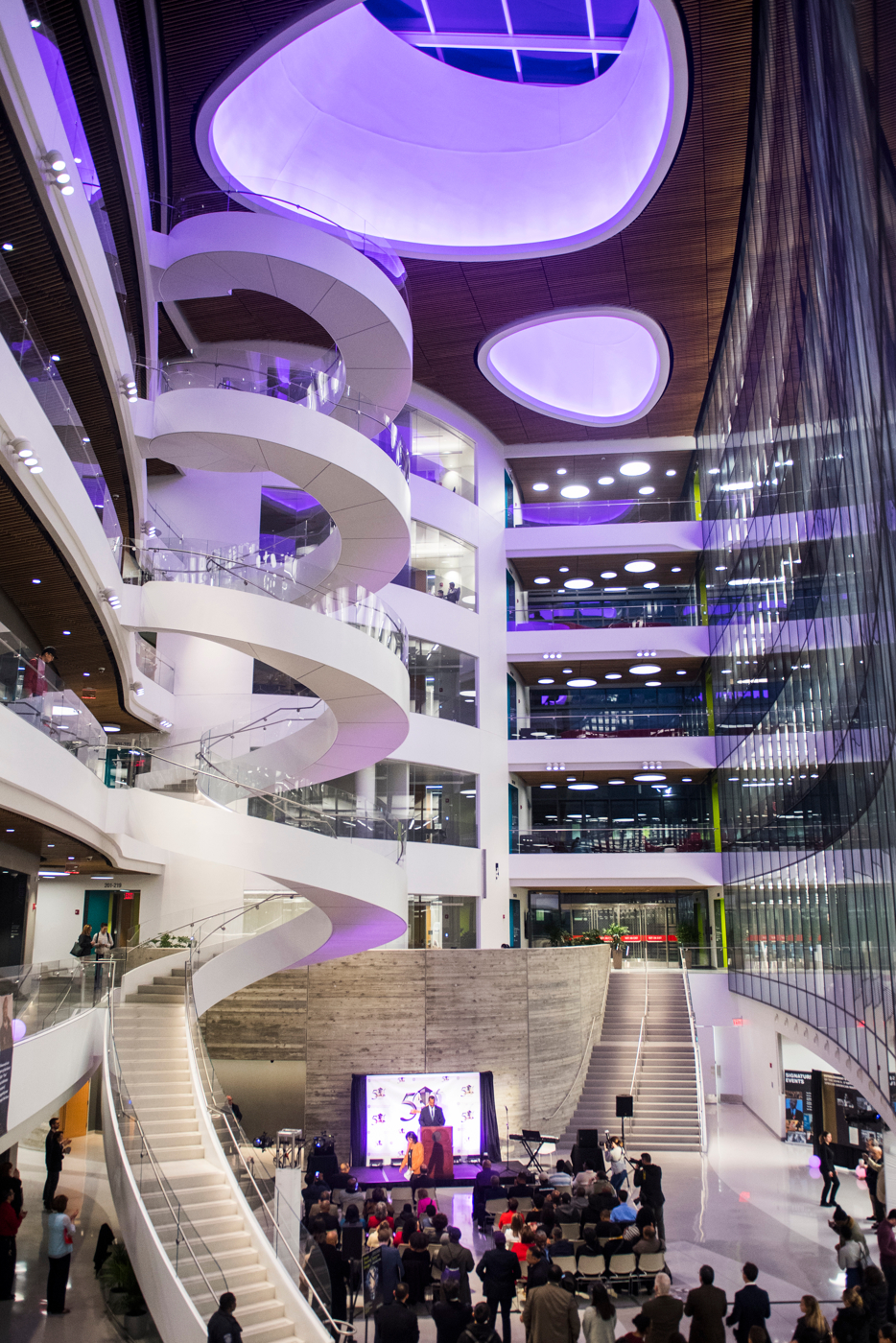
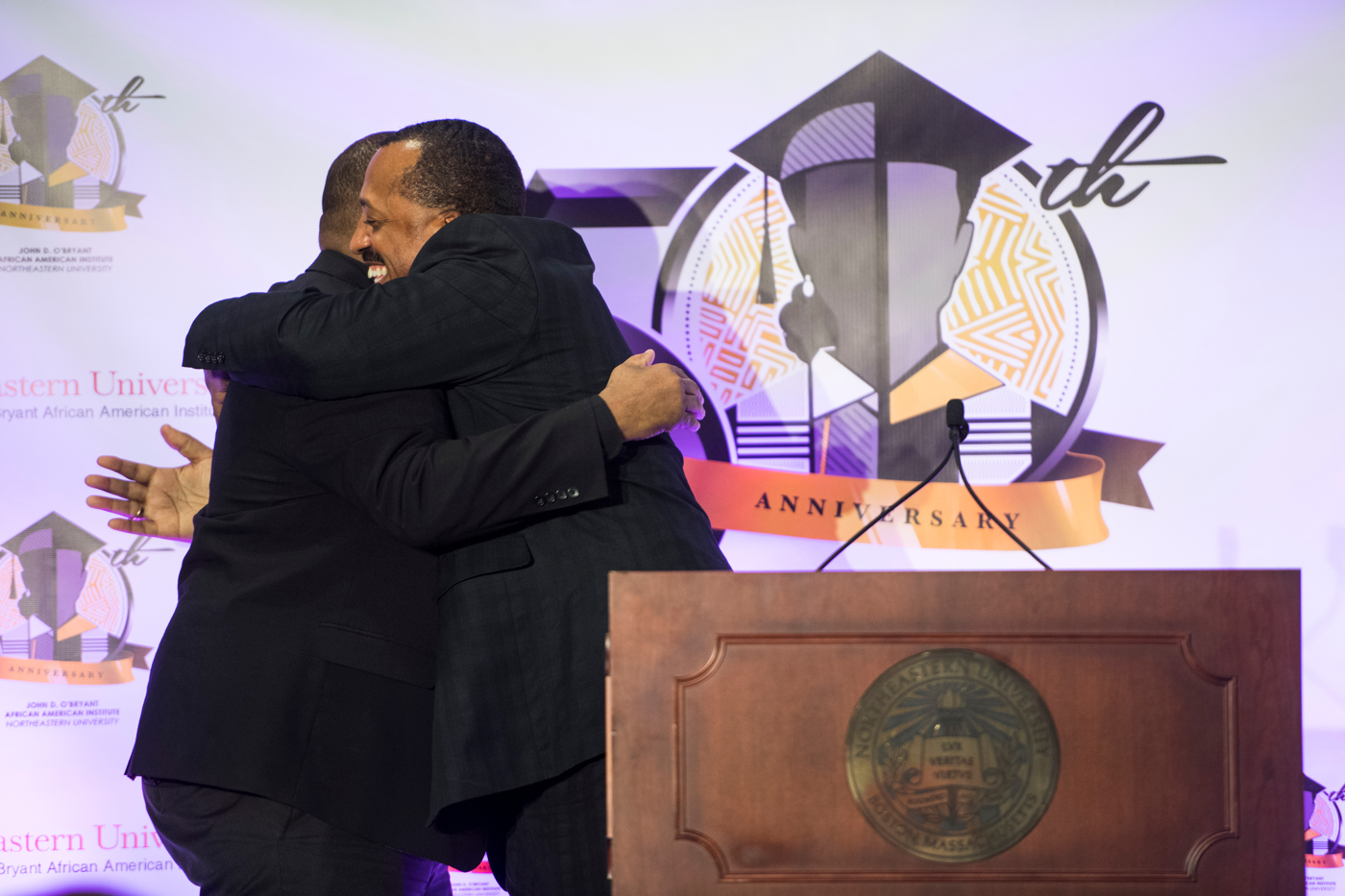
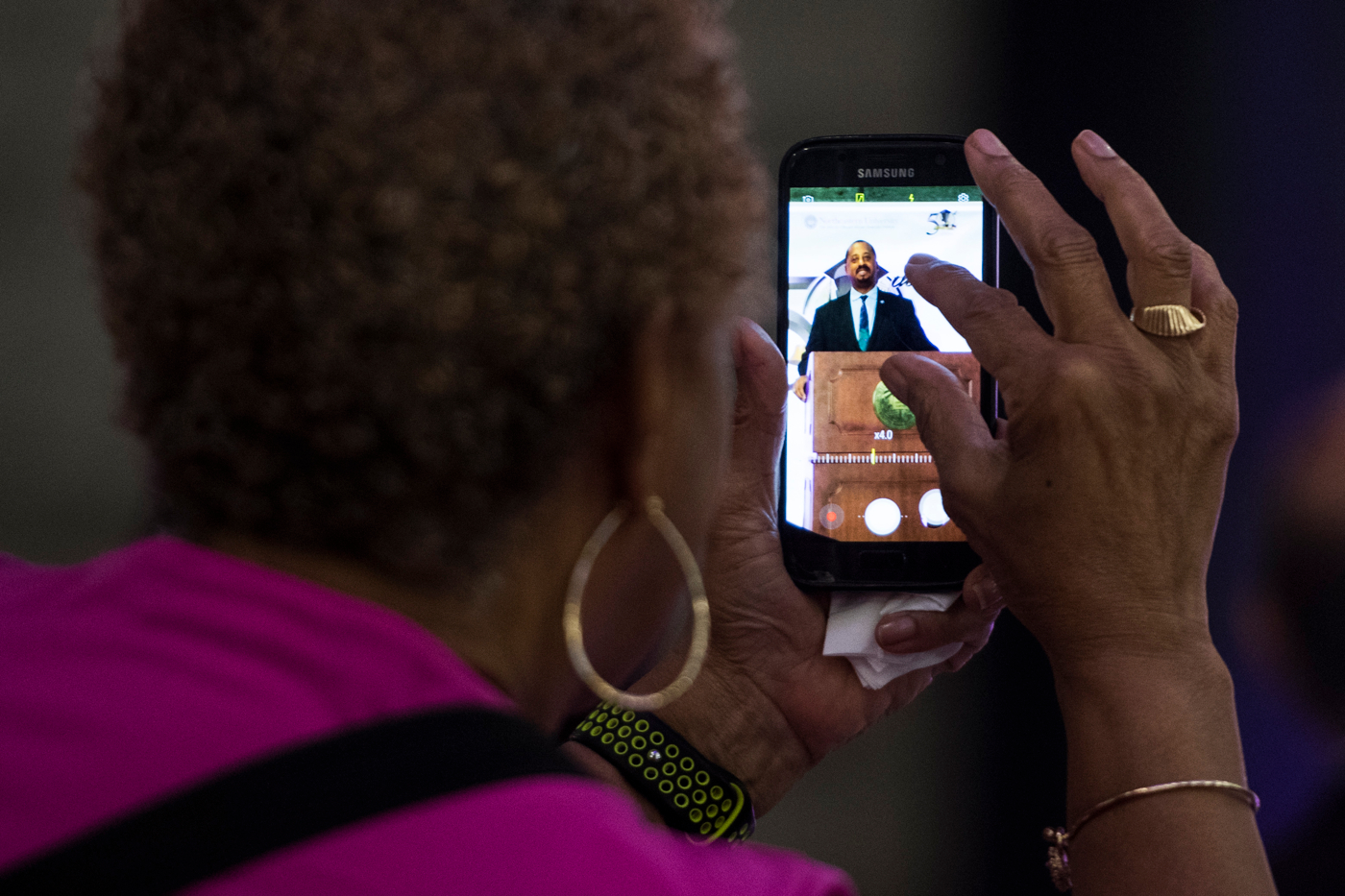
The institute focuses on providing programs that build black students’ sense of community on campus and beyond. It offers scholarships, supports numerous student organizations, runs mentoring and leadership programs, and hosts events that celebrate African American history and culture. These programs include the Ujima Global Leaders Program and the Dr. Martin Luther King Jr. Graduate Fellowship Program, which annually provides six graduate students with full-tuition scholarships.
“Members of this community here at Northeastern look at the institute as a model because this institute is welcoming to all the students on campus,” Northeastern President Joseph E. Aoun told an audience on the ground floor of the gleaming warren of labs and classrooms of the Interdisciplinary Science and Engineering Complex.
Aoun told the assembled students, alumni, faculty, staff, and community members that Northeastern is building a “global university,” with campuses across North America, and students who work, study, and conduct research on all seven continents. As the university’s global presence expands, Aoun said, so, too, will the institute’s global reach.
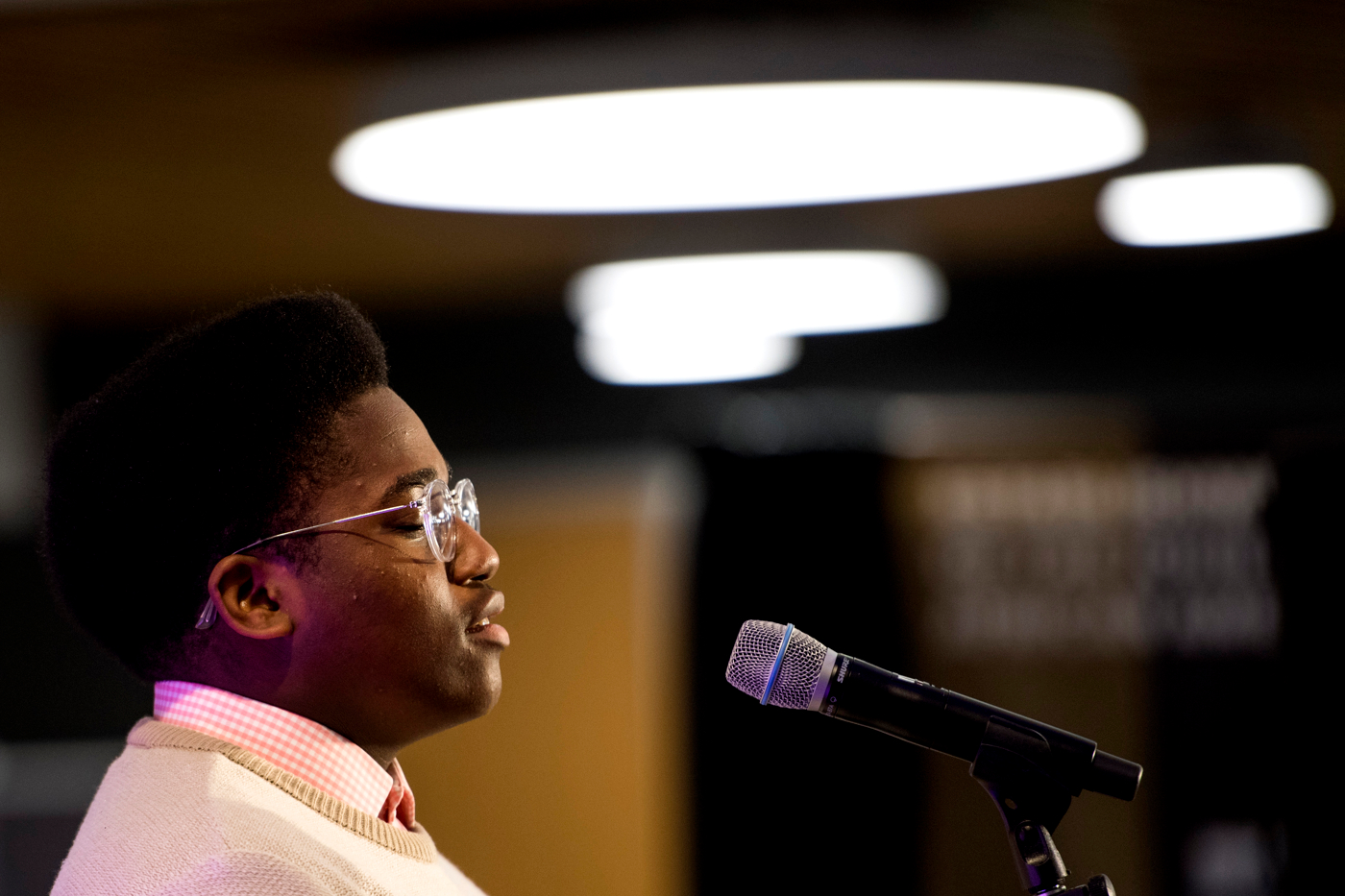
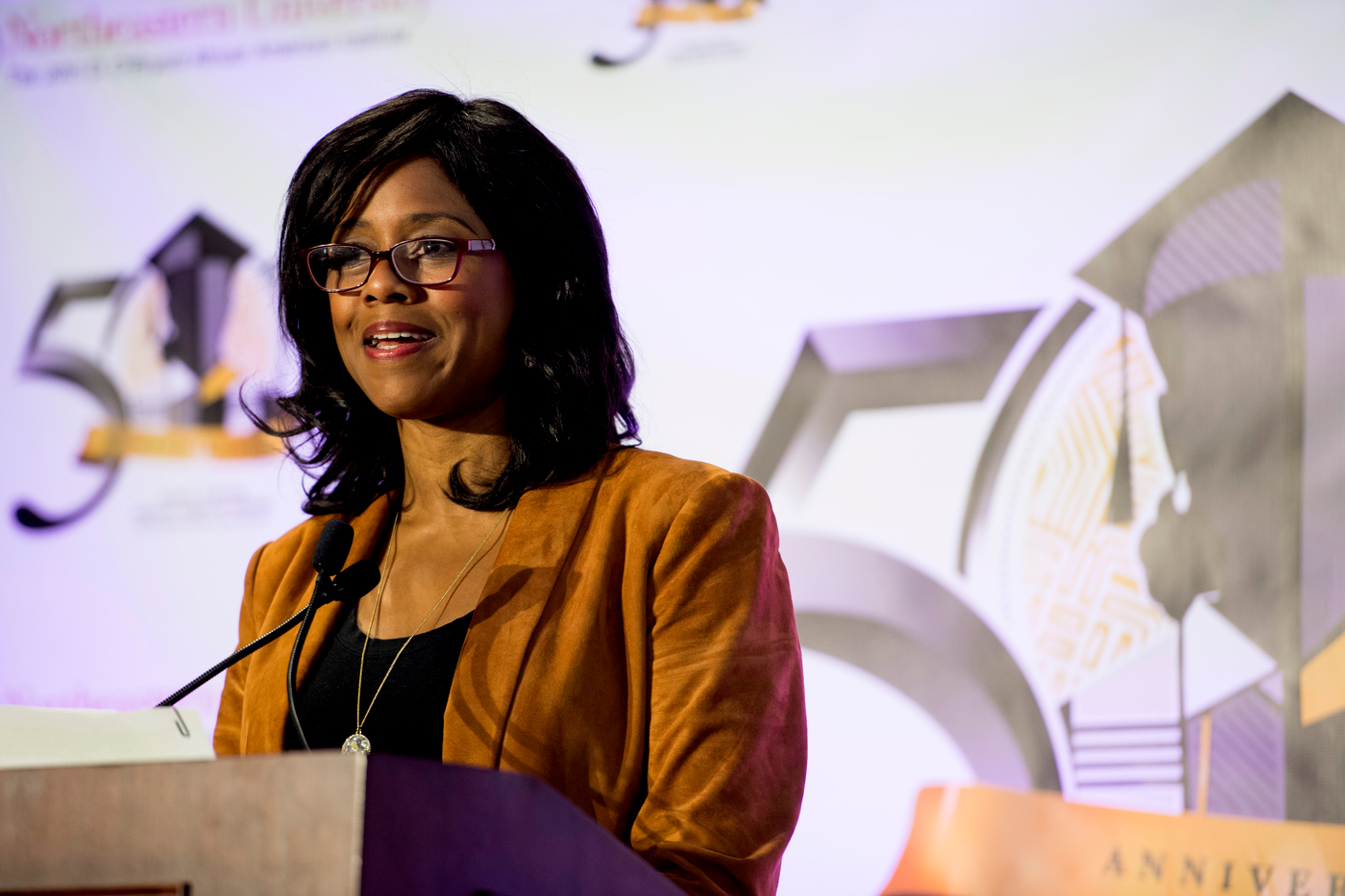
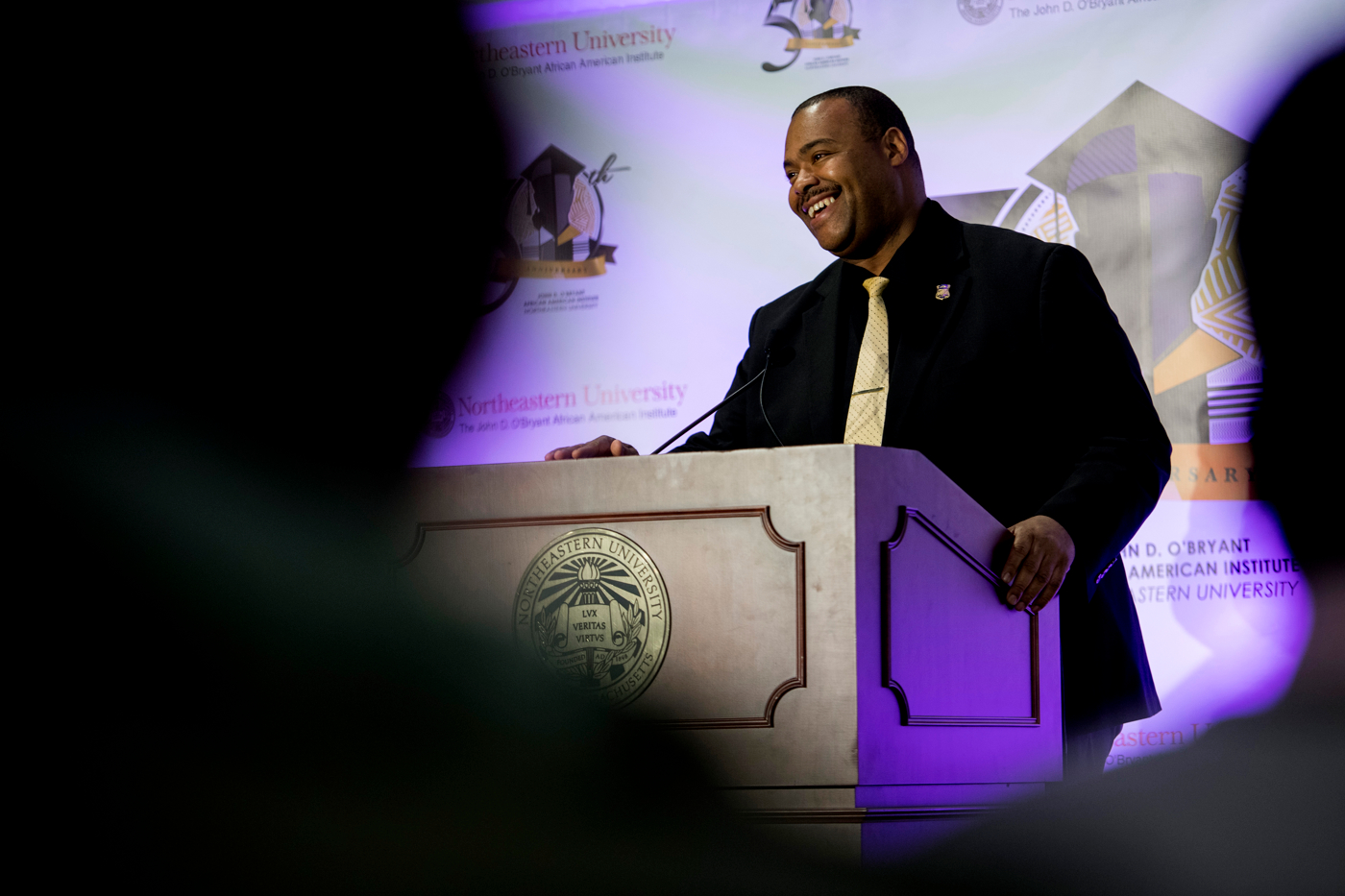
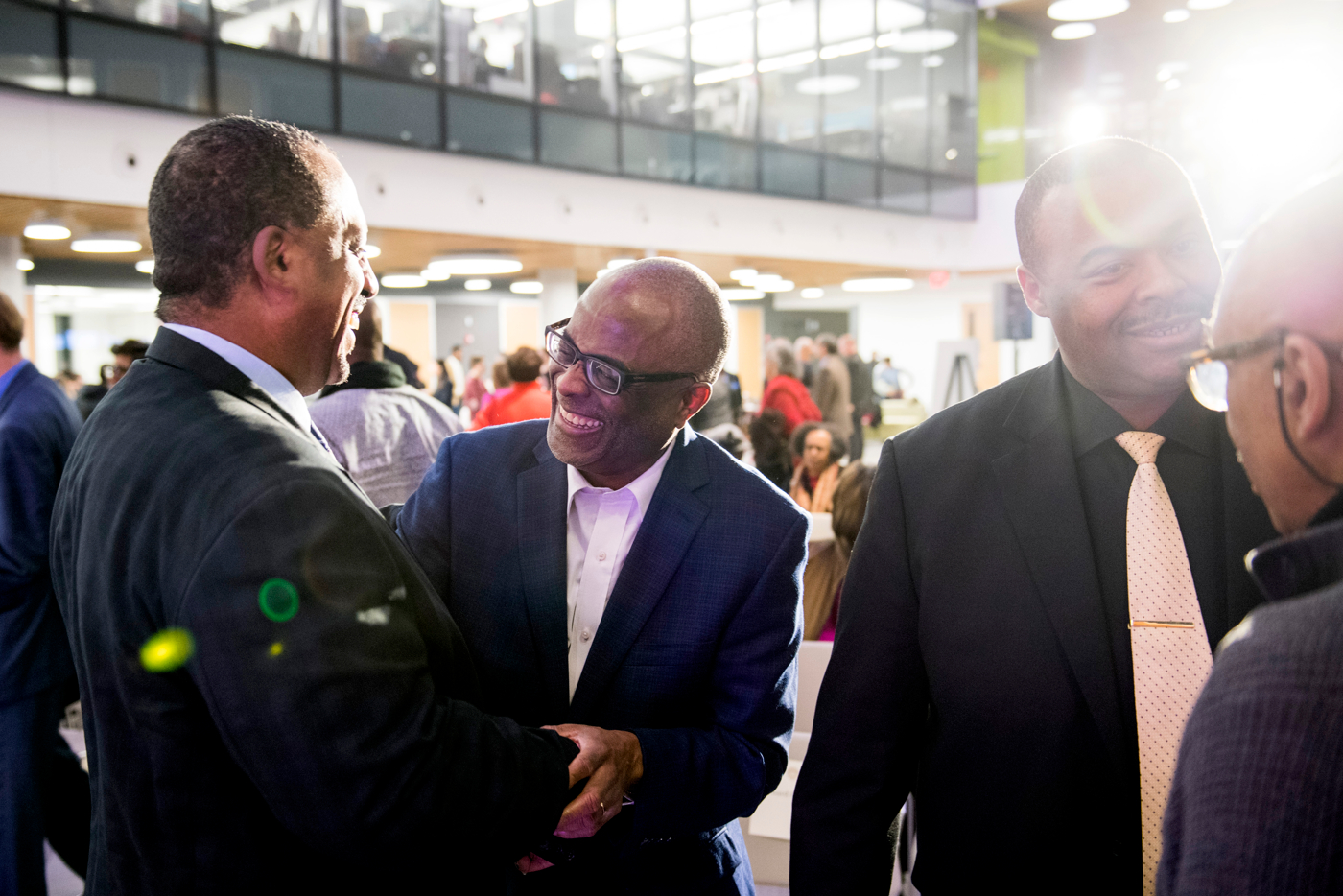
In 1993, Northeastern renamed the institute after John D. O’Bryant, the university’s former vice president of student affairs. In addition to his career at Northeastern, O’Bryant also worked for Boston Public Schools and served as president of the Boston School Committee.
Boston Police Commissioner William G. Gross, one of the featured speakers at the event, said O’Bryant was a “trailblazer” who fought to ensure that black students receive an equal education, and was “instrumental in breaking stereotypical views and perceptions of people of color.”
“Northeastern has really carried on the time-honored tradition ensuring that we will always implement change for the betterment of our communities, and this 50th anniversary, folks, is saying something,” added Gross, a 33-year veteran of the Boston Police Department who this year became the city’s first black police commissioner.
The 50th anniversary celebration included discussions of the institute’s history, a reception honoring former Northeastern student-athletes, and opportunities for students to network with alumni.
An event Saturday featured Northeastern graduate Wendy Williams, the television host, actress, author, and fashion designer. Williams told a packed Blackman Auditorium about her journey from Northeastern communications major to major TV personality—starting at the university radio station and moving up to top-tier broadcast networks in New York City.
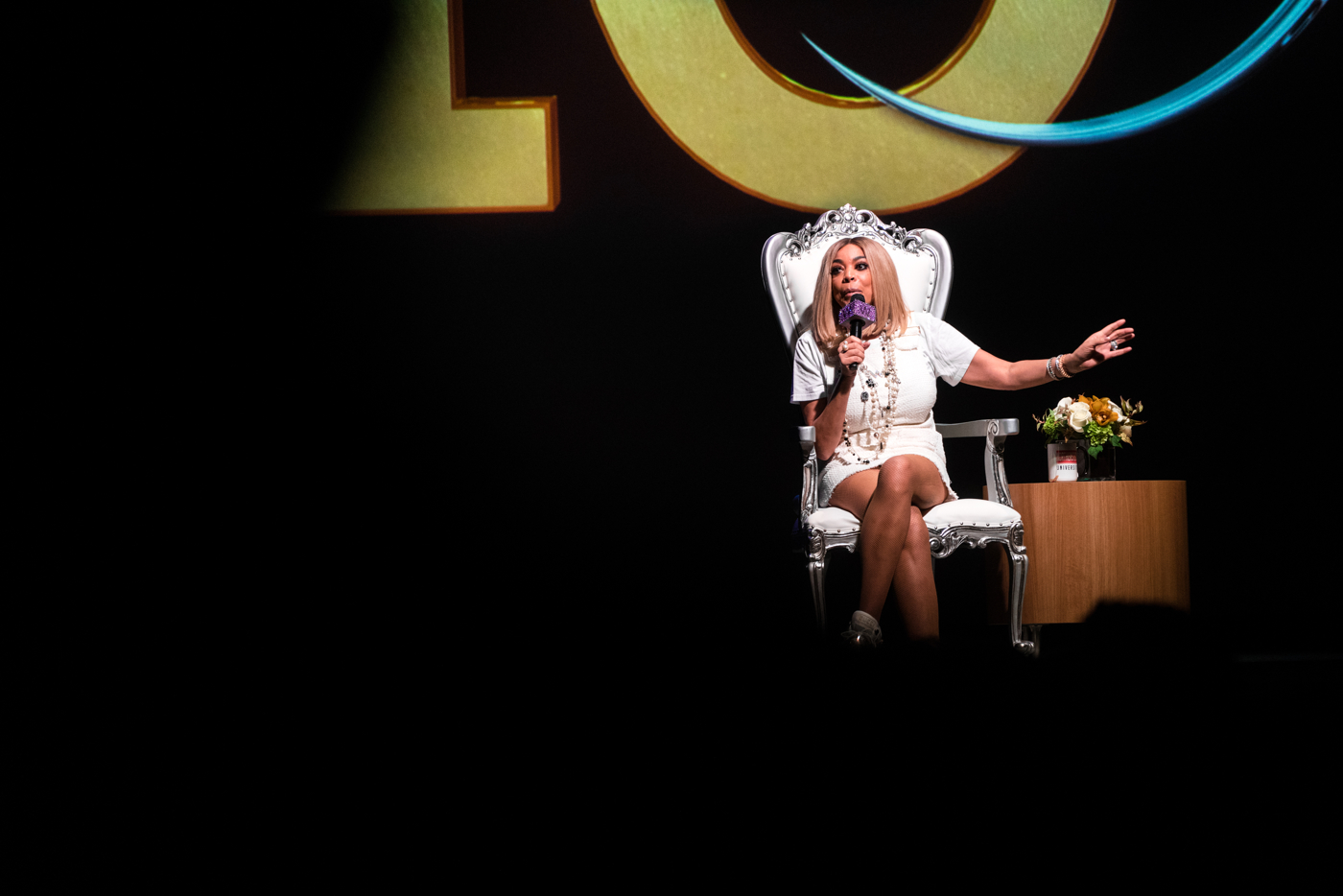
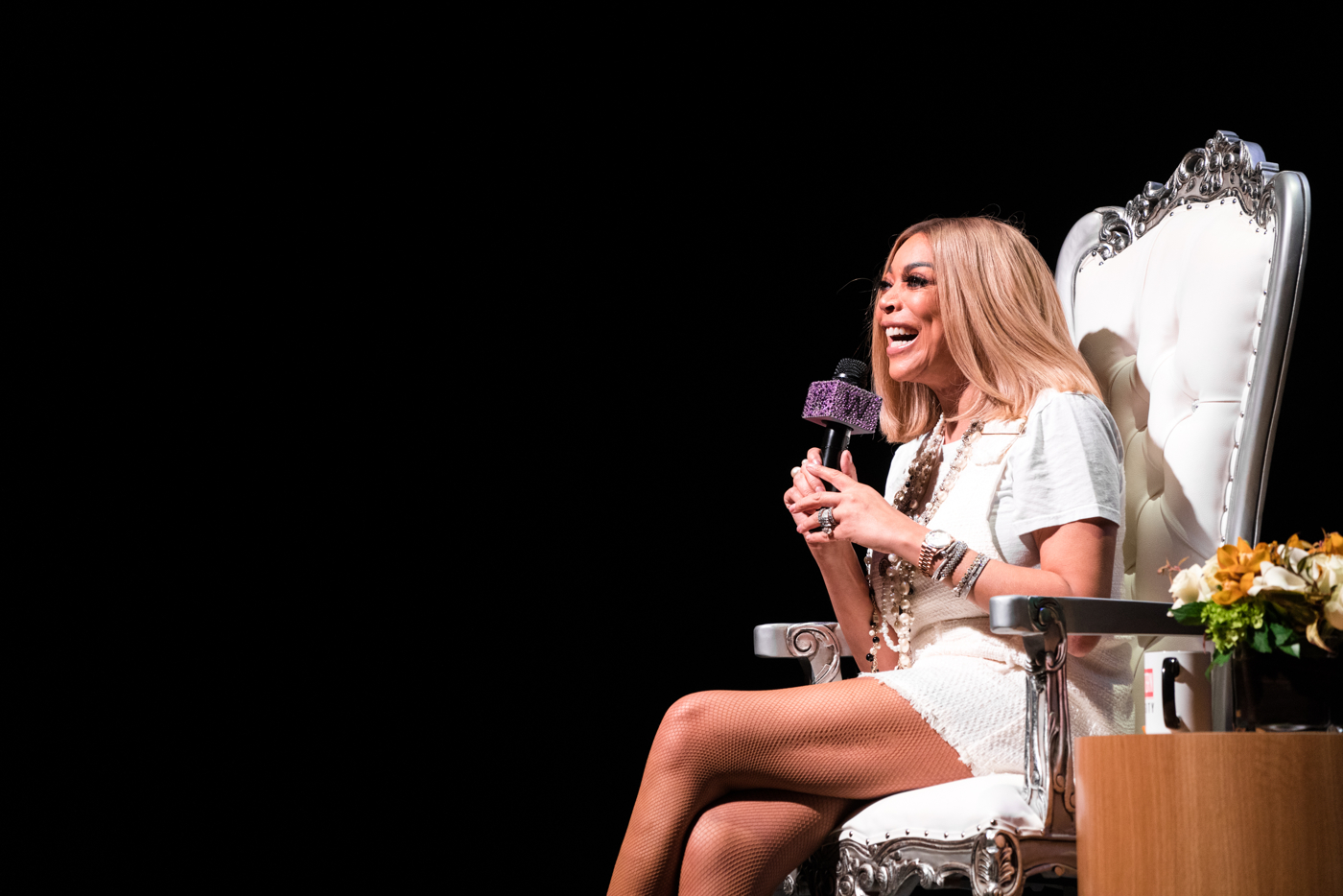
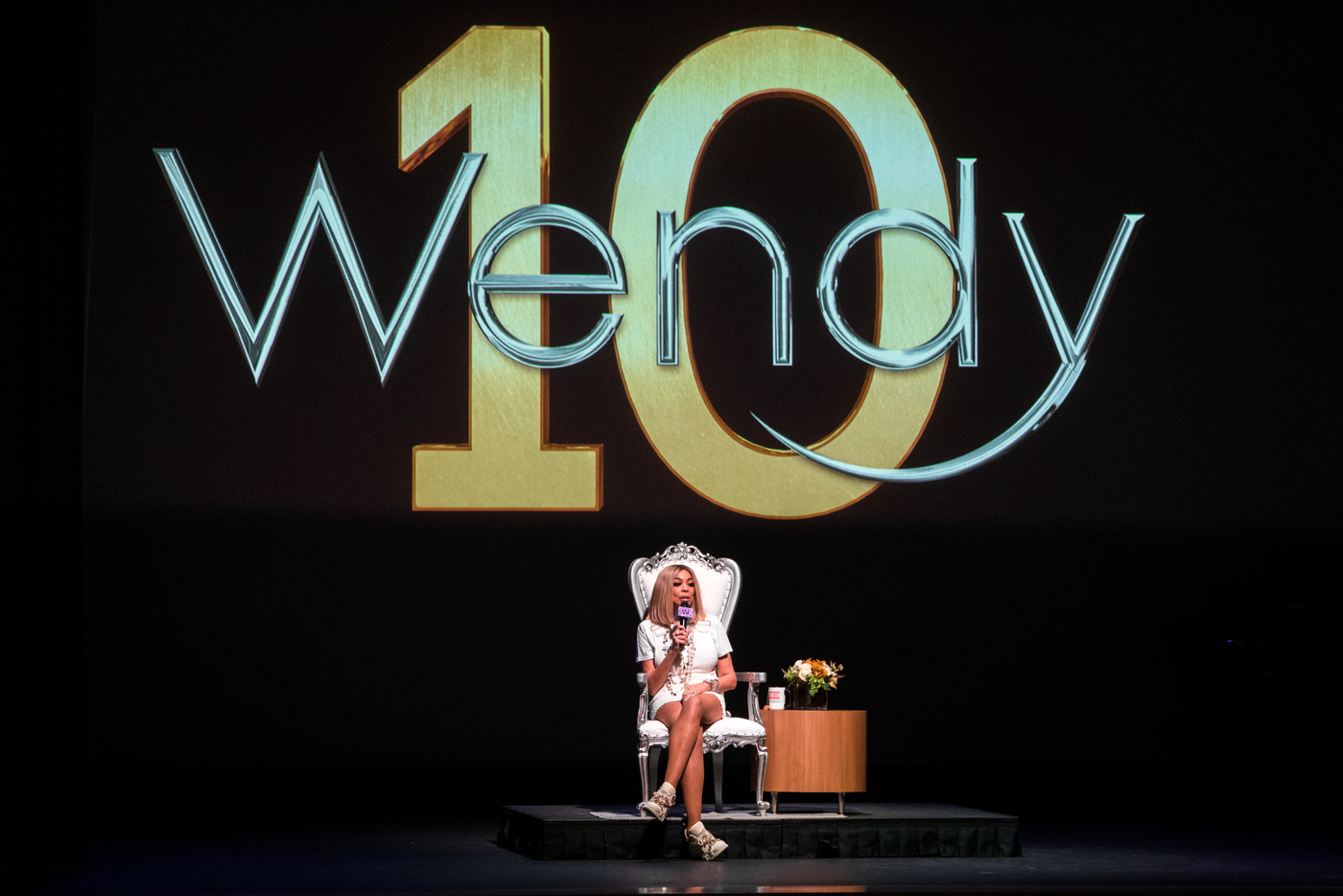
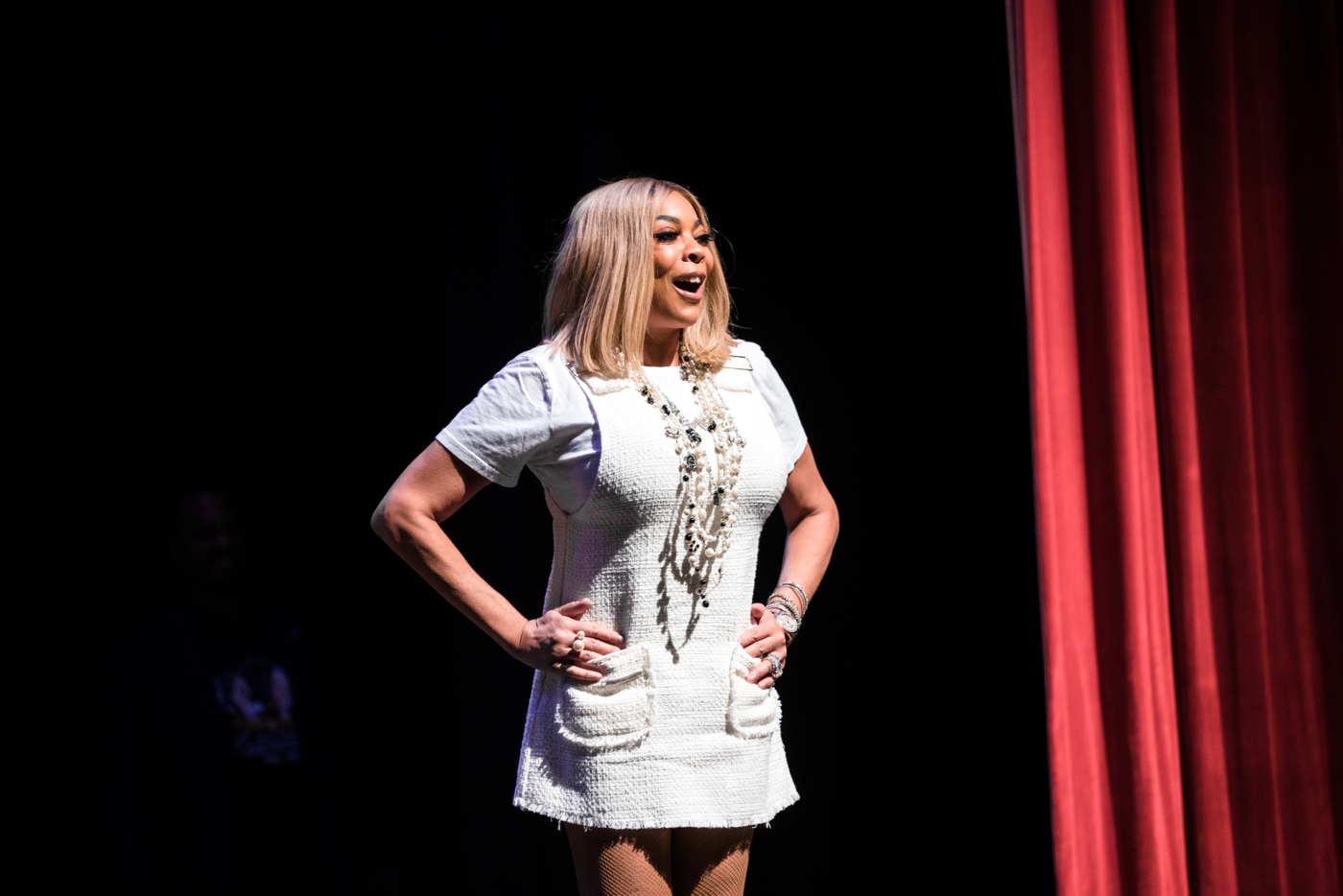
“My time at Northeastern was such an important part of my life. I knew when I got here that I had to make something of myself,” Williams said. “It’s a real honor to be a graduate of Northeastern.”
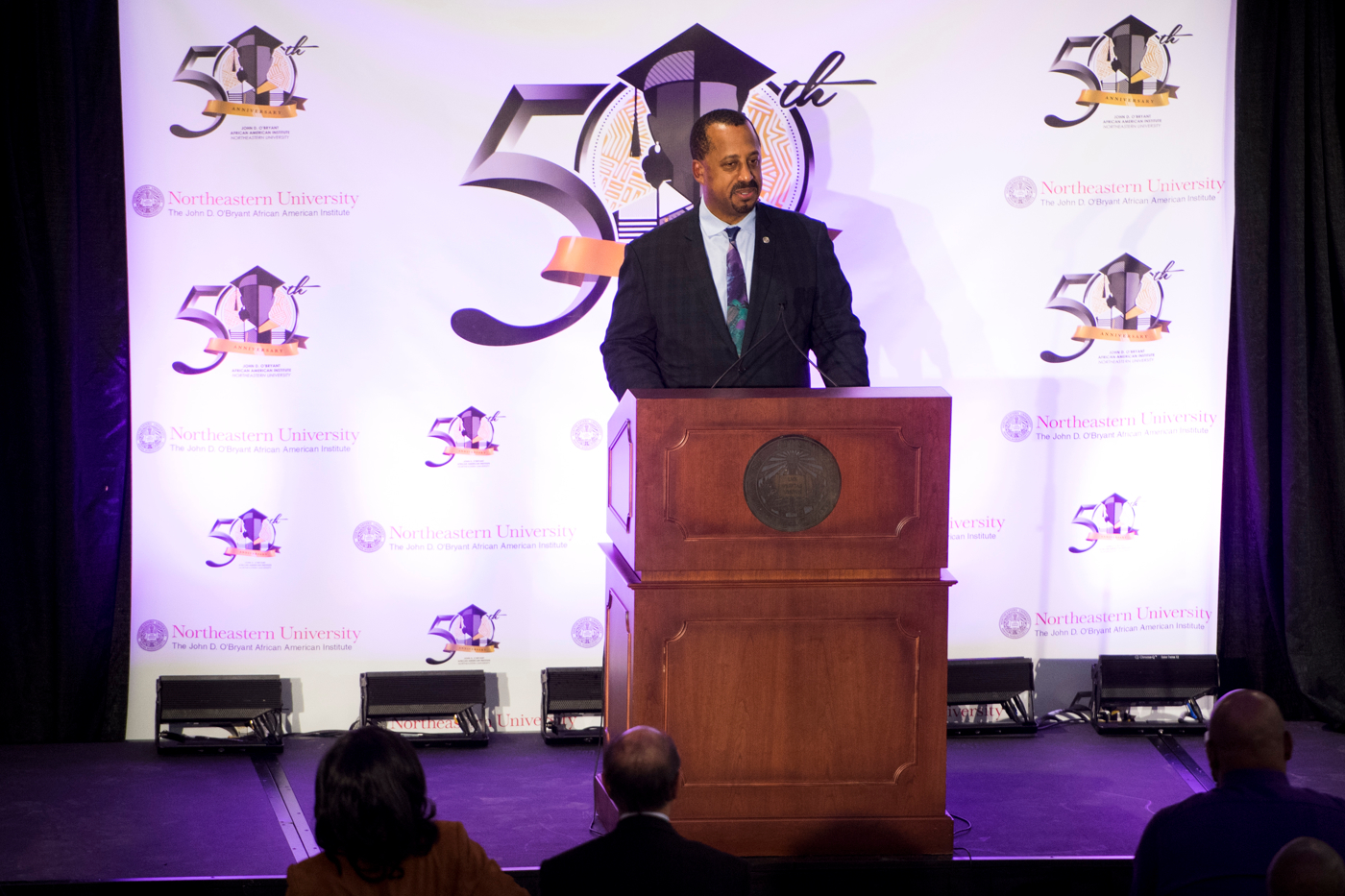
Friday’s gathering shined a spotlight on a number of African American students at Northeastern with a diverse range of talents and accomplishments. Damian Lee, a freshman and Torch Scholar at Northeastern from South Carolina, sang the song “I Believe” to open the event. There was also an exhibit where student cultural organizations and entrepreneurs from Northeastern presented their work to those in attendance.
Rhondella Richardson, a reporter and co-anchor for WCVB Channel 5 in Boston, hosted the event. Richardson, who graduated from Northeastern in 1990 with a journalism degree, said she was thrilled to celebrate the institute’s milestone, and see many familiar faces throughout the evening. “This night has been like a community hug,” she said.
The institute began taking shape in early 1968, in the wake of the assassination of Martin Luther King Jr. and the fatal shooting of three black students by police on the campus of South Carolina State University. In the spring of 1968, a group of black students at Northeastern requested a meeting with university leadership to present their demands for greater access to university resources, increased recruitment and enrollment, new scholarships, and more academic programs focused on African and African American history and culture. Asa Knowles, the president of Northeastern at the time, expressed his support, and the institute was born out of the work that followed.
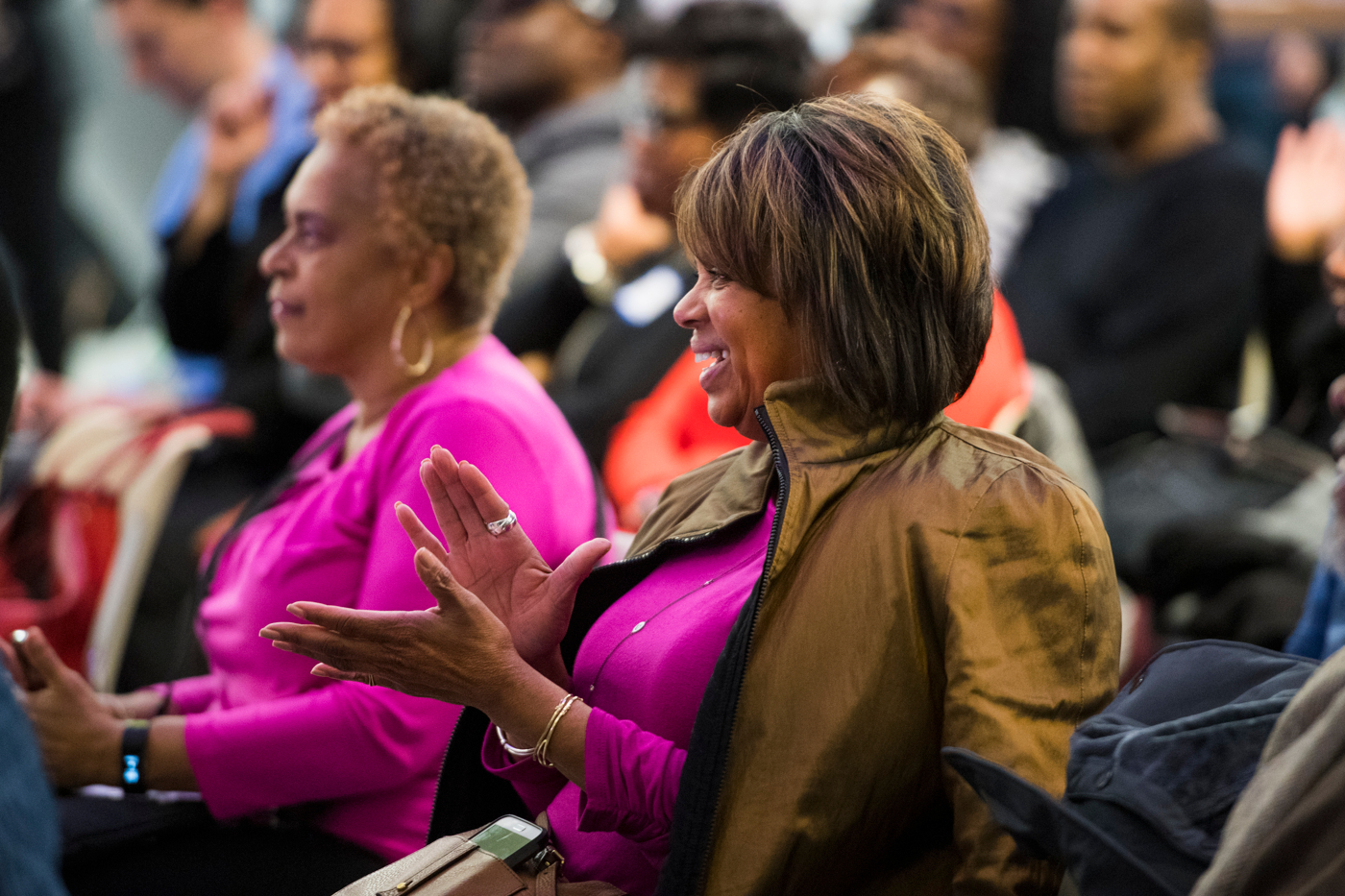
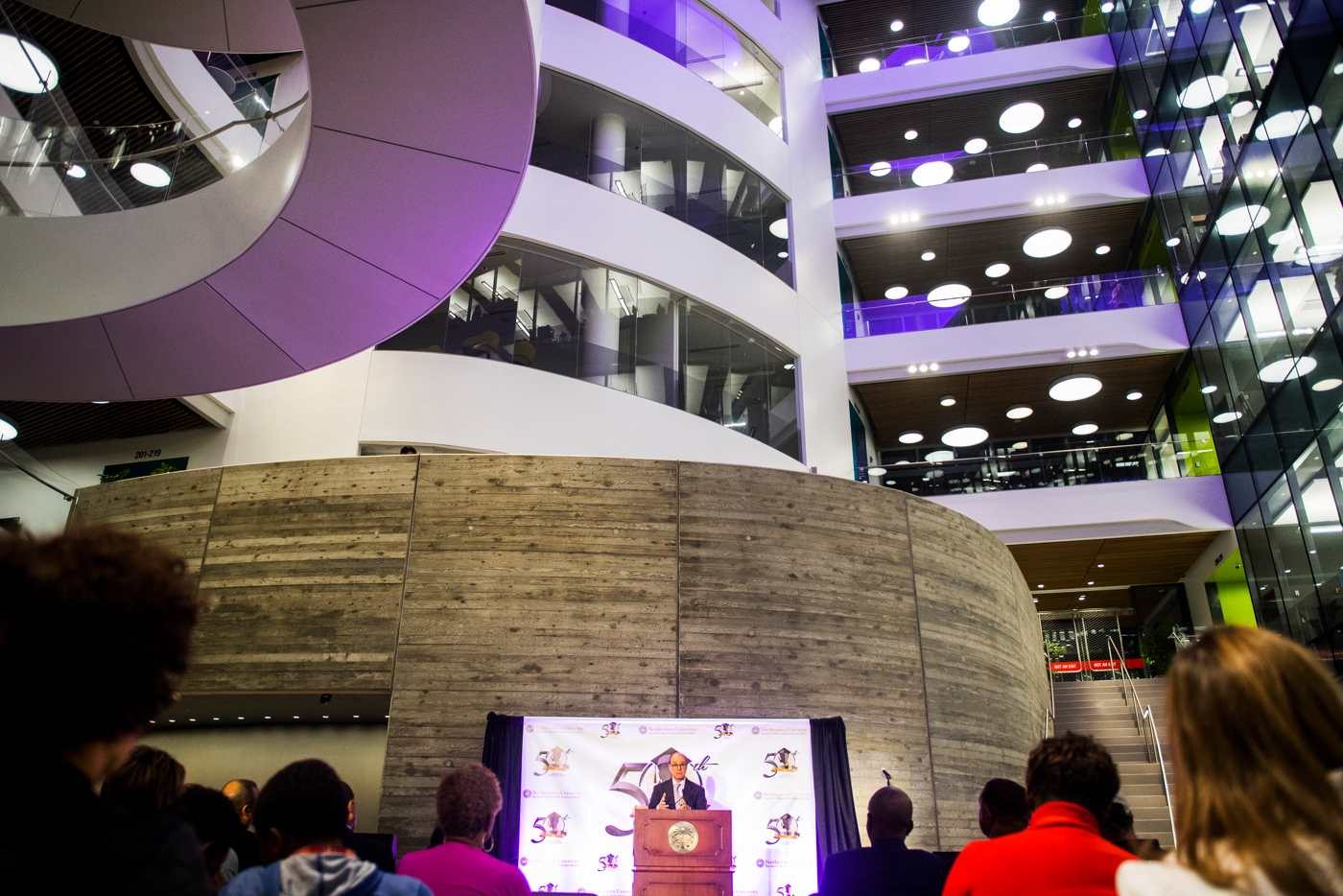
Following the official celebration Friday, three students participated in a panel discussion, moderated by Northeastern graduate Cassie Harris, about their experiences at the university.
Christina Lerouge, who is a Dr. Martin Luther King Jr. Graduate Fellow, said the best part of her Northeastern experience has been her involvement with the African American Institute.
“It is like a second home for me while I’m on campus,” Lerouge said. “It’s very welcoming. I like to go there before class or do my homework or to meet up with friends before then.”
Two other students on the panel shared Lerouge’s sentiment. Gabrielle Azubuike described the institute as “the hub of black student life on campus,” and Craig Parker said the institute has helped him grow both academically and professionally.
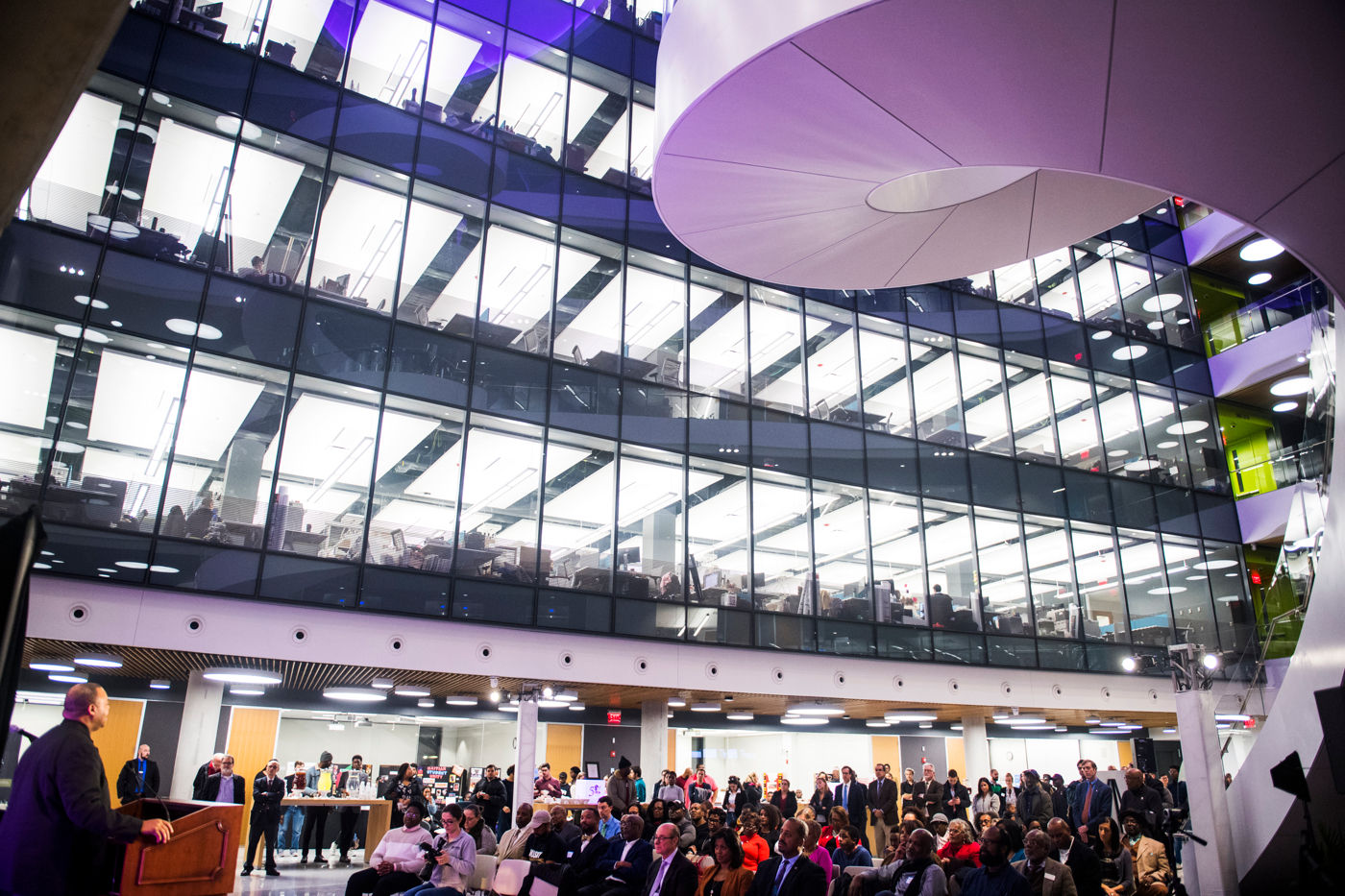
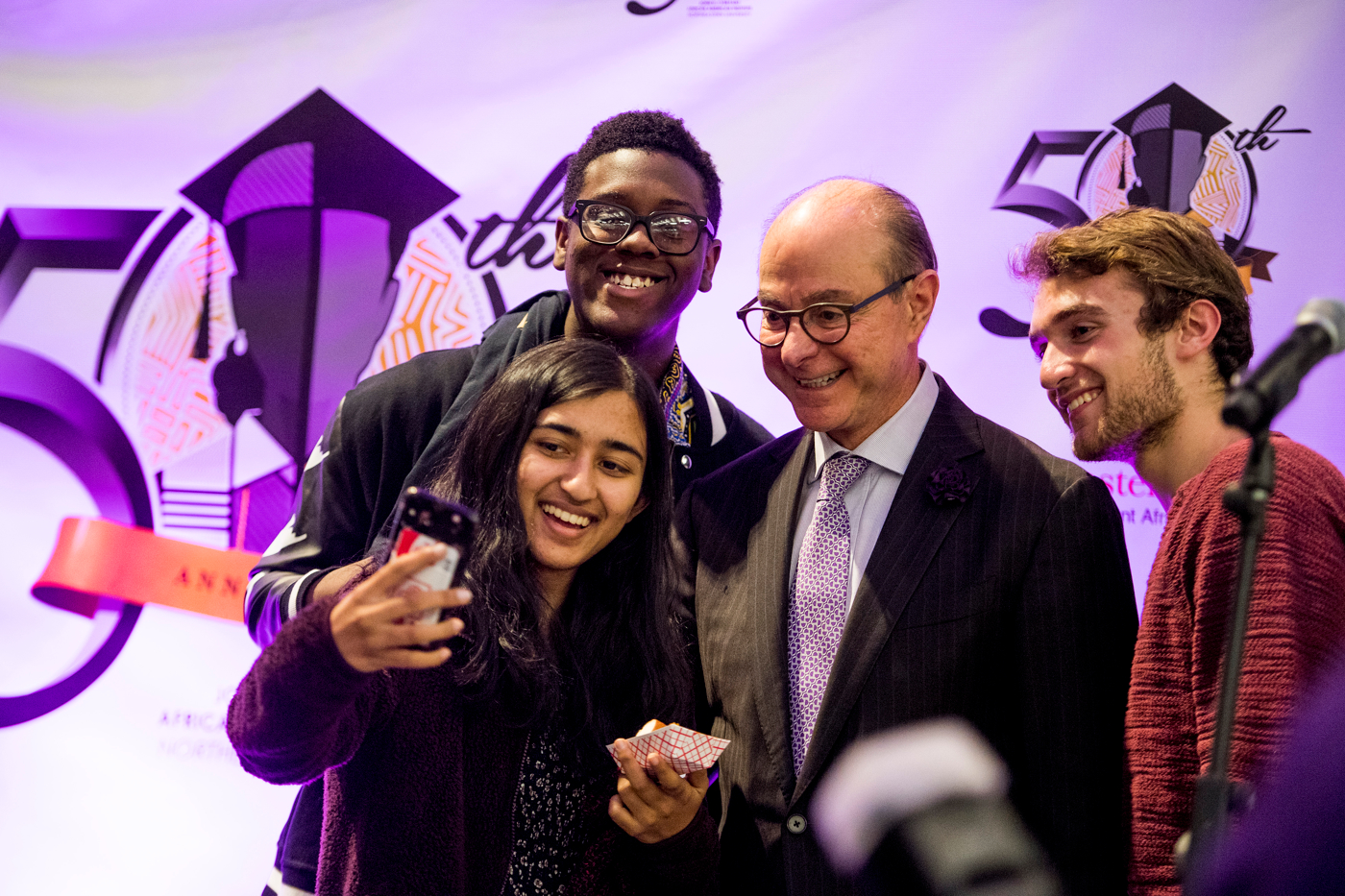
However, the students also shared that they feel black students are disproportionately underrepresented in the student body, and each described being the only black student in classrooms.
When Harris asked the students whether they would recommend Northeastern to prospective black students, Lerouge said she would recommend the university “100 percent to anyone.” She added that she’d tell students “be the change you want to see in the world.”
“If you want to make it better,” she said,“come on campus, think of new, innovative ways of how we can, you know, make this more cohesive, make this more inclusive.”
Molly Callahan contributed to this report. For media inquiries, please contact media@northeastern.edu.



